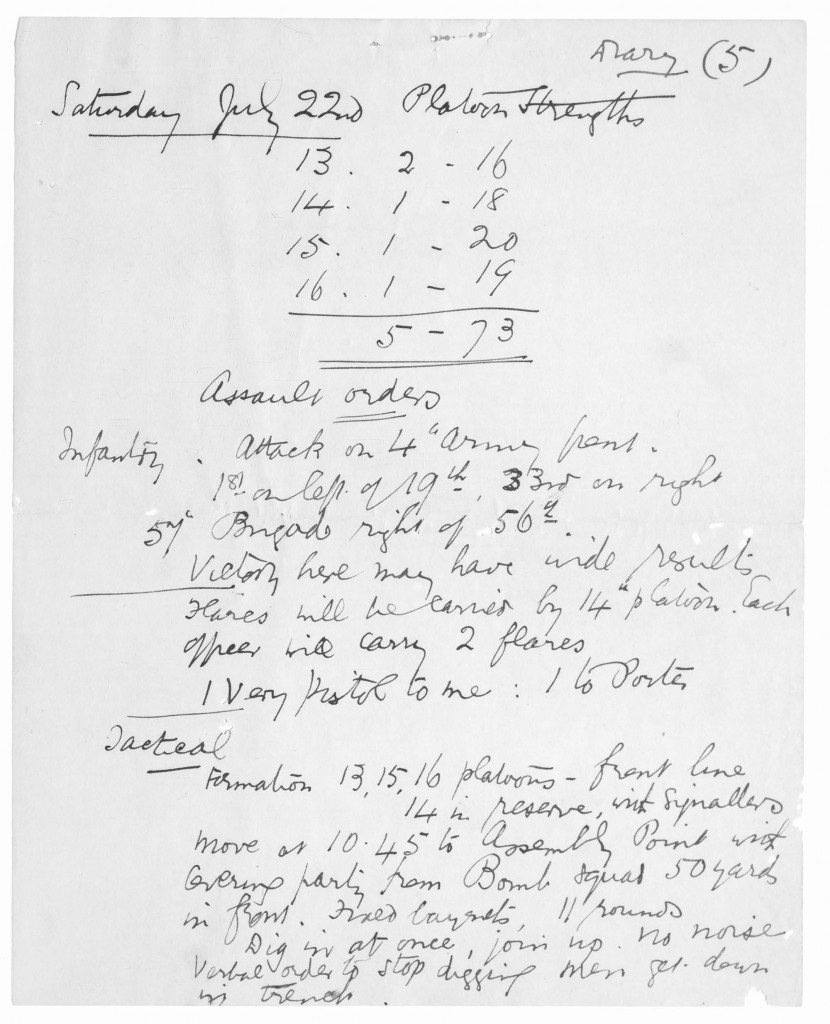The only child of James Louis Garvin, editor of The Observer, Garvin attended Homeboarder’s House from 1908-1914. At school he was a talented fencer, winning the Public Schools Foils Championship at Aldershot in 1913. He was an active member of the debating society, speaking for the motion ‘this House deplores the modern tendency to vegetarianism’ and against a motion welcoming ‘the building of a Channel Tunnel’ according to The Elizabethan ‘pacing to and fro in oratorical frenzy, [Garvin] spoke grimly of financial loss, and said the expense would be unjustifiable’. He took part in play readings, although it was noted that when he recited an extract of Henry VIII he was ‘too low in pitch and too melancholy’.
He was going up to Christ Church with a History Scholarship when the War broke out, and he joined the South Lancashire Regiment. The Elizabethan records that
‘He was killed in the Battle of the Somme on the night of July 22 during an intense bombardment, in which he gave a noble example of courage, resourcefulness, and coolness, and even after he was hit his one message was ‘ to carry on with the Company.’ Although somewhat reserved, his personality made an unusual impression on those with whom he came in contact. By his death a life of literary promise is cut short.’
The British Library holds a diary which Garvin kept whilst at the front. As a Captain, Garving was in charge of D Company of the 7th Battalion South Lancashire Regiment. On 20 July he recorded the company as having a fighting strength of three officers, six sergeants and 109 men in other ranks. The company was stationed near Bazentin-le-Petit in preparation for the attack on High Woods, which formed part of the Somme Offensive.
The British Library note that:
‘The diary extract shows the monotonous nature of life in the trenches. Captain Garvin records the detail for Friday 21 July starting at 4am with stand to and the cleaning and inspection of rifles. The soldiers spent the rest of the morning cleaning and improving their trenches with a break at 8am for breakfast and lunch at 12.30pm. In the afternoons they were allowed to rest. On the following day Captain Garvin noted down the formation and objectives of the company’s assault against the enemies’ forces. This was his last diary entry as Captain Garvin was killed by machine gun fire during the attack at 11.30pm that night.’
